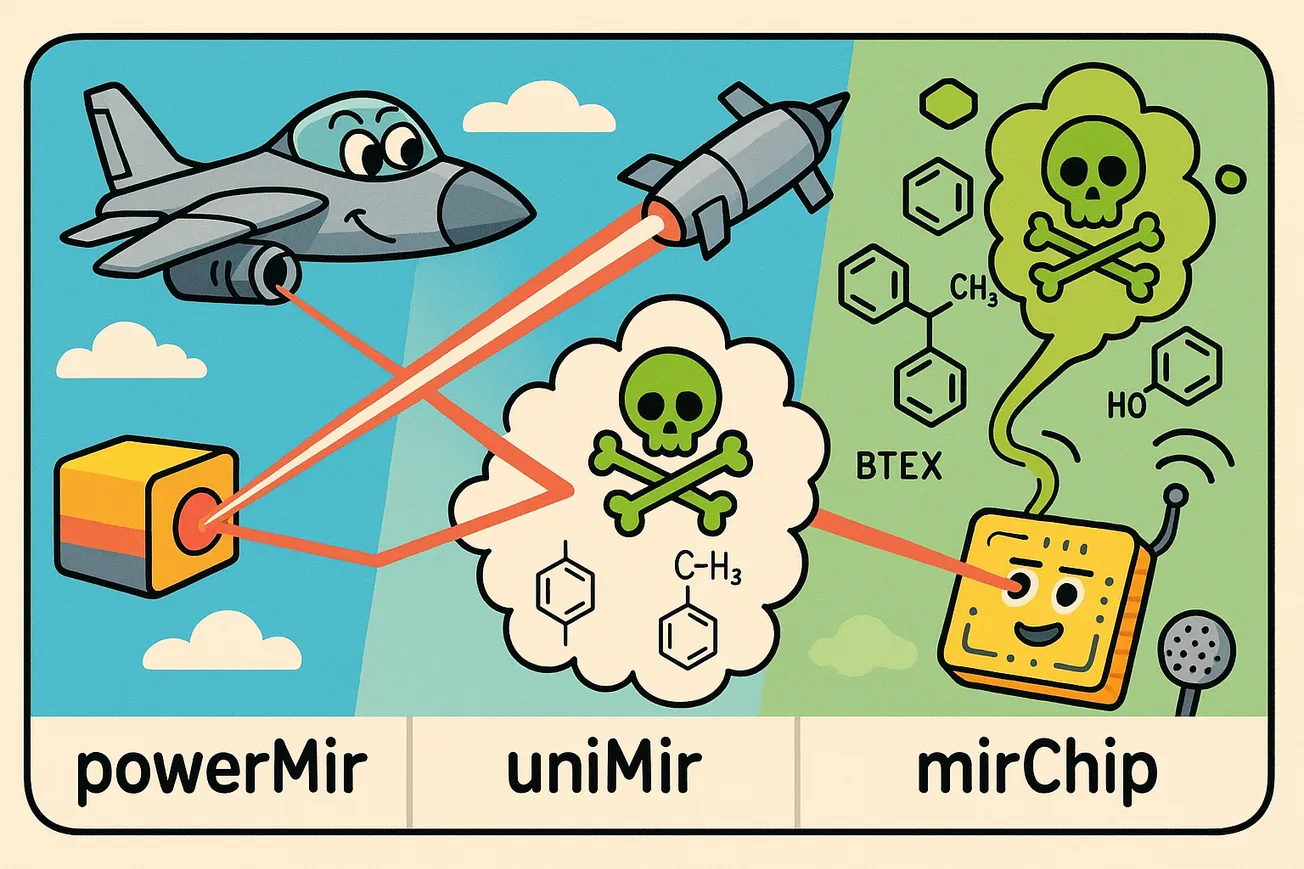🔬Laser-Focused: mirSense Secures €7M For Industrial Safety And Defense Sovereignty
mirSense wants to redefine safety and defense with its quantum cascade laser tech. From blinding missiles with powerMir to sniffing out toxic gases with uniMir and mirChip, the dual-application startup believes it can change the game in defense and industrial monitoring.







